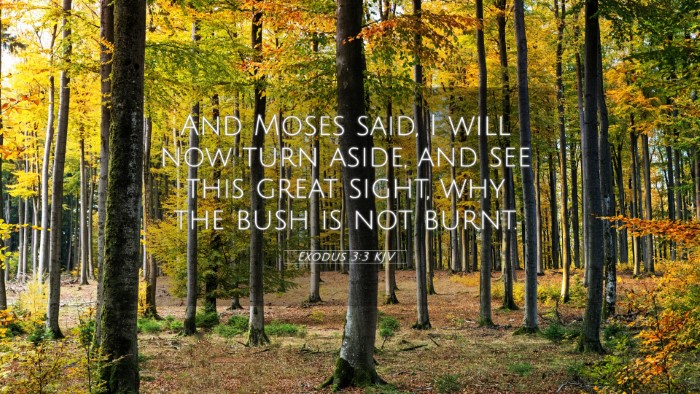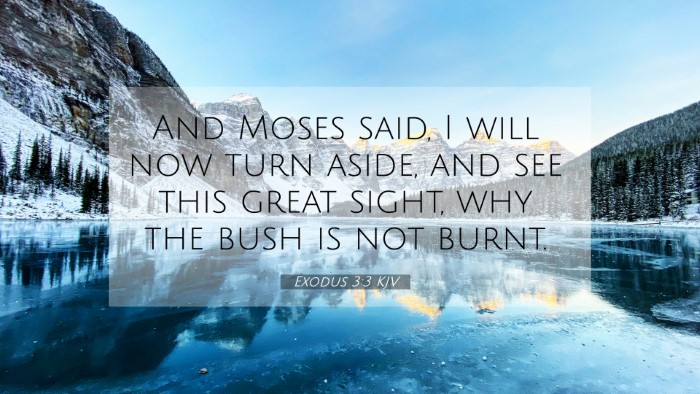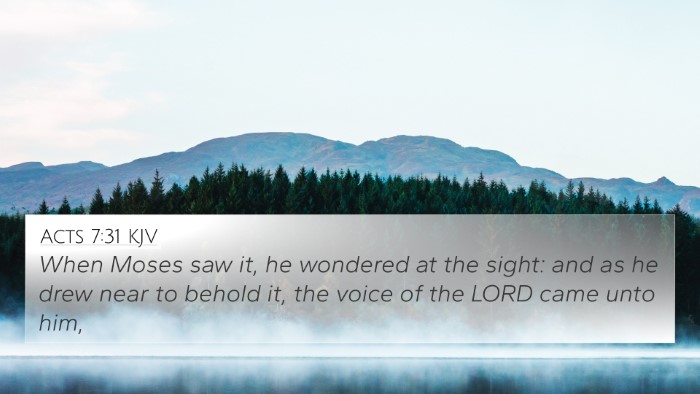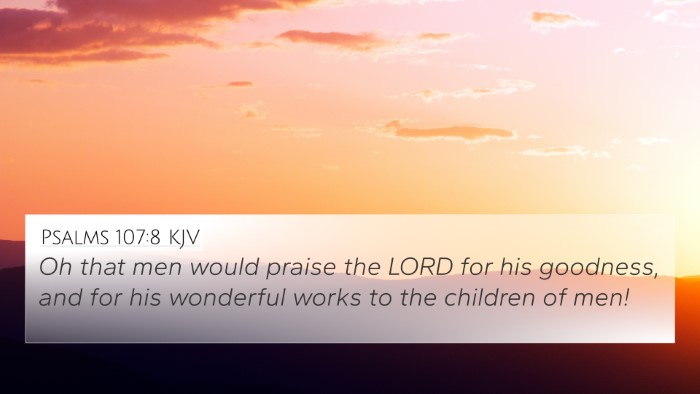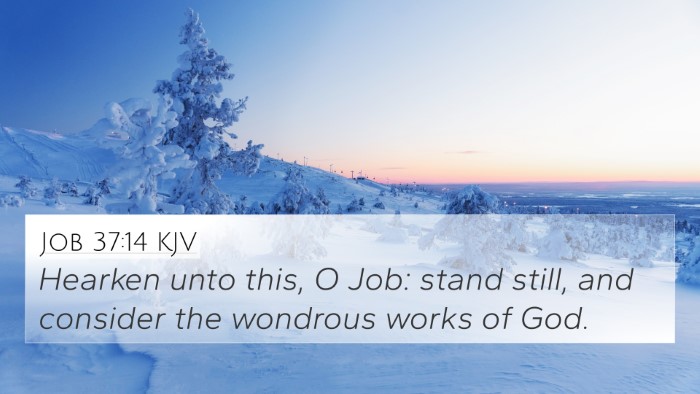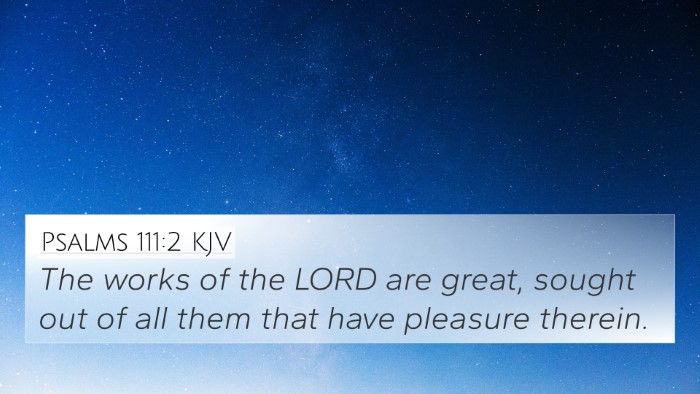Understanding Exodus 3:3
Exodus 3:3 is a profound verse in the context of Moses' encounter with the burning bush, representing a pivotal moment in Biblical history where God calls out to Moses. The verse reads: "And Moses said, I will now turn aside, and see this great sight, why the bush is not burnt."
Verse Analysis
This verse contains key themes relevant to Biblical interpretation and cross-referencing:
- The Importance of Attention: Moses' decision to turn aside to observe the sight emphasizes the need for attentiveness to God's acts and signs.
- Curiosity Leading to Revelation: His curiosity is crucial as it leads to divine revelation.
- The Nature of God's Presence: The burning bush signifies God's holy presence, which is non-consuming yet transformative.
- Call to Action: It reflects how God calls individuals into service through extraordinary means.
Commentary Insights
Matthew Henry notes that Moses displayed a sense of wonder and curiosity, which are essential qualities for anyone seeking to know God more intimately. He highlights how God often works through extraordinary events to call individuals to their purpose.
Albert Barnes emphasizes the significance of the fire—indicative of God's presence—and asserts that even when God appears in such forms, His holiness must be recognized and approached with reverence. He underscores that this moment marks the beginning of Moses' divine commission.
Adam Clarke points out the metaphorical implications of the burning bush representing God's enduring presence amid trials. Clarke indicates that the fire's ability to not consume the bush symbolizes how God sustains and empowers His people without destruction.
Cross-References to Exodus 3:3
Several verses connect and resonate with the themes found in Exodus 3:3:
- Genesis 3:3: Discusses the importance of knowledge and the consequences of the pursuit of understanding.
- Exodus 3:2: Details the vision of the burning bush and emphasizes God's miraculous power.
- Isaiah 6:1-8: Depicts a divine call, where Isaiah's encounter with God leads to his prophetic commissioning.
- Acts 7:30-32: Stephen recounts Moses' experience at the burning bush, highlighting the historical significance of this moment.
- Hebrews 12:29: References God as a consuming fire, affirming the urgency of reverence and holiness in divine encounters.
- Matthew 11:28-30: Invites the weary to come to Christ, representing God’s continual call to humanity.
- Revelation 3:20: Illustrates God's desire for relationship and communion, inviting individuals to engage with Him.
Thematic Connections
The themes of calling, divine presence, and transformation in Exodus 3:3 can also be explored through various bible verse parallels:
- Divine Call: 1 Samuel 3:10 describes God calling Samuel, illustrating a similar theme of attentiveness to God's voice.
- Holy Encounter: Exodus 19:18 describes the mountain covered in smoke as God descended in fire, drawing a parallel to the reverence felt by Moses.
- Transformation: 2 Corinthians 5:17 speaks of becoming a new creation, emphasizing the transformative nature of God's call.
Conclusion
Exodus 3:3 serves as a rich foundation for understanding not only God’s call to Moses but also how individuals today can identify and respond to God's presence in their lives. The insights drawn from public domain commentaries and the numerous cross-references highlight connections between scriptures, each reinforcing themes of God's calling, presence, and the transformative journey of faith.

